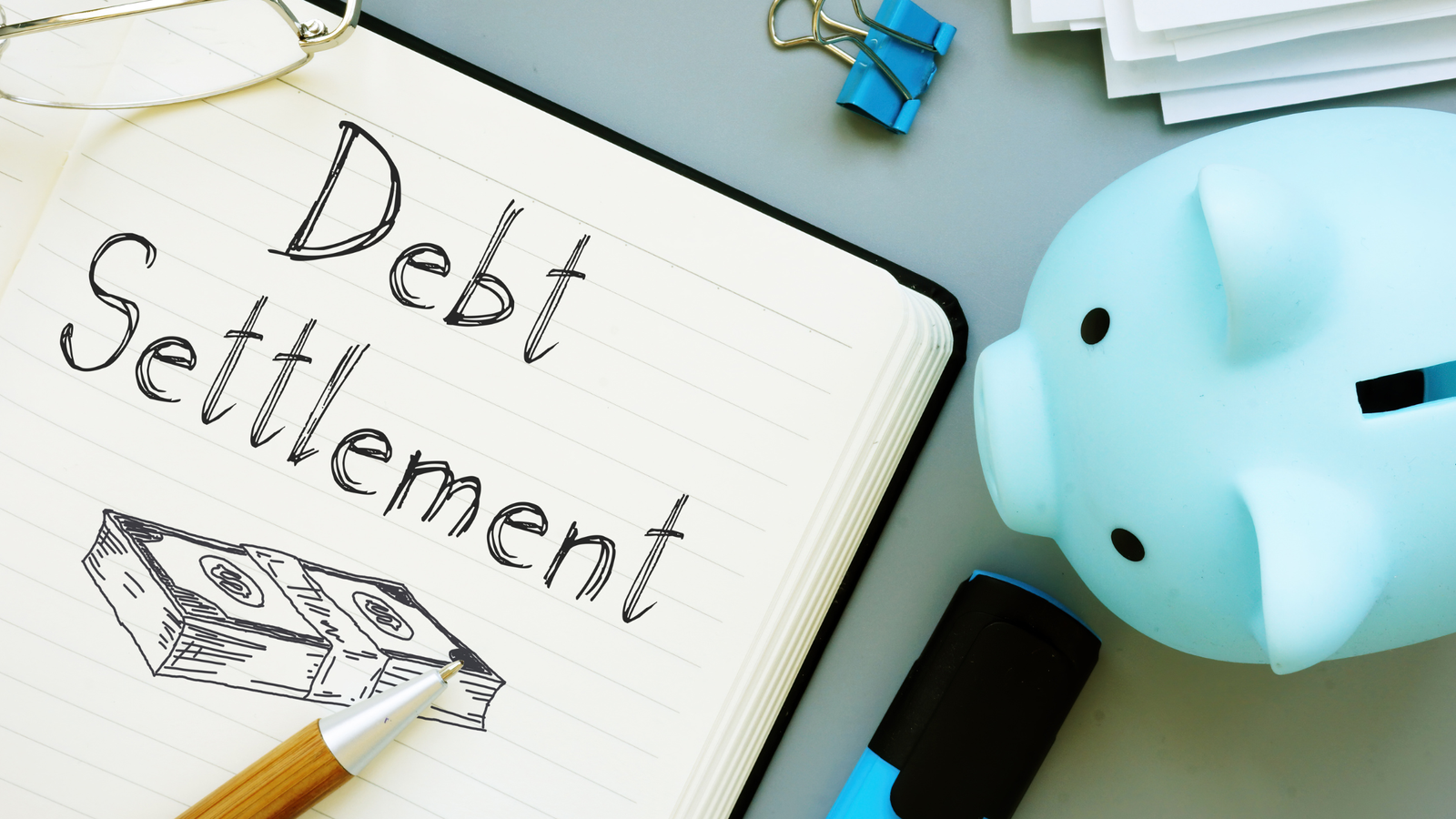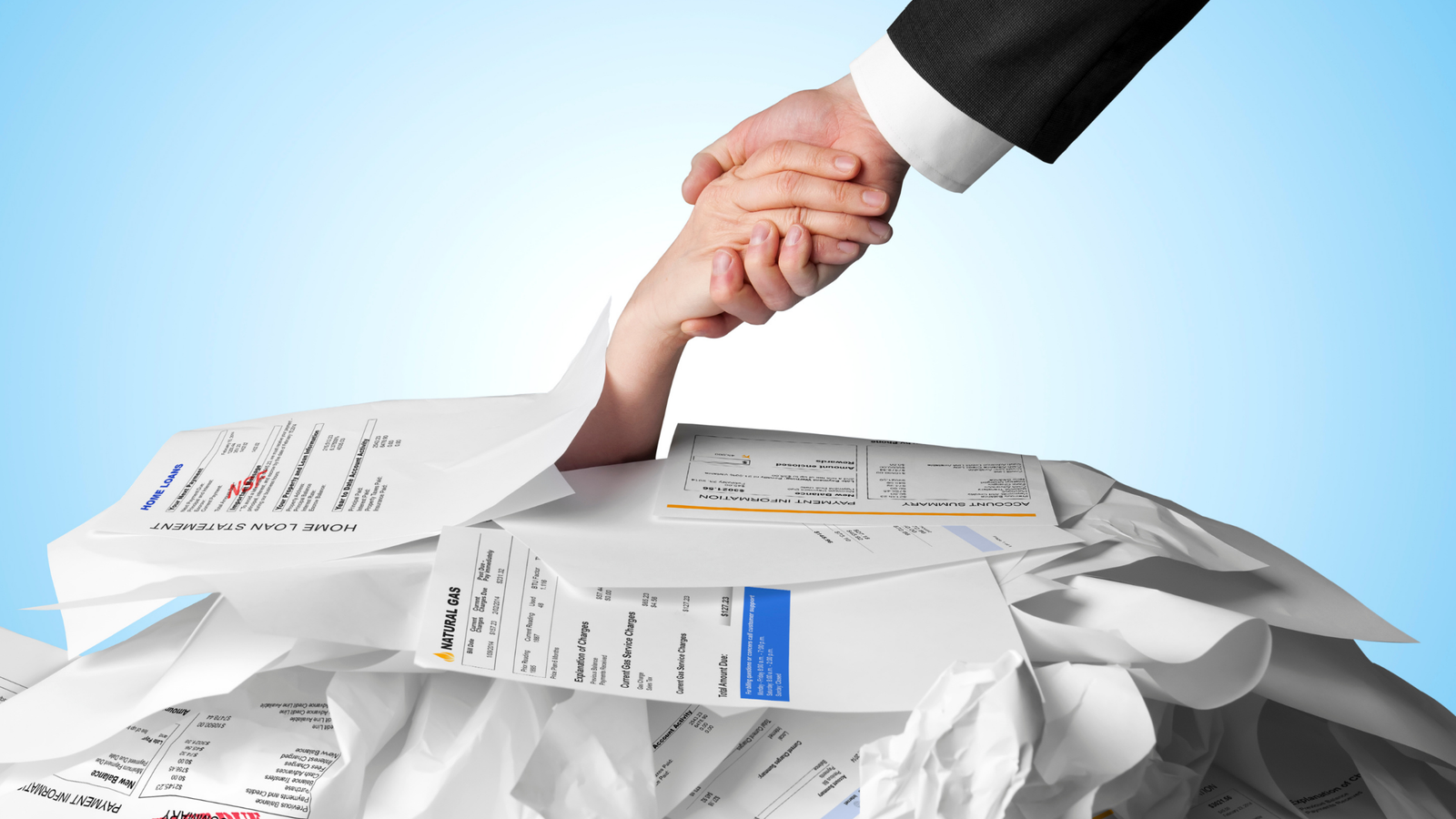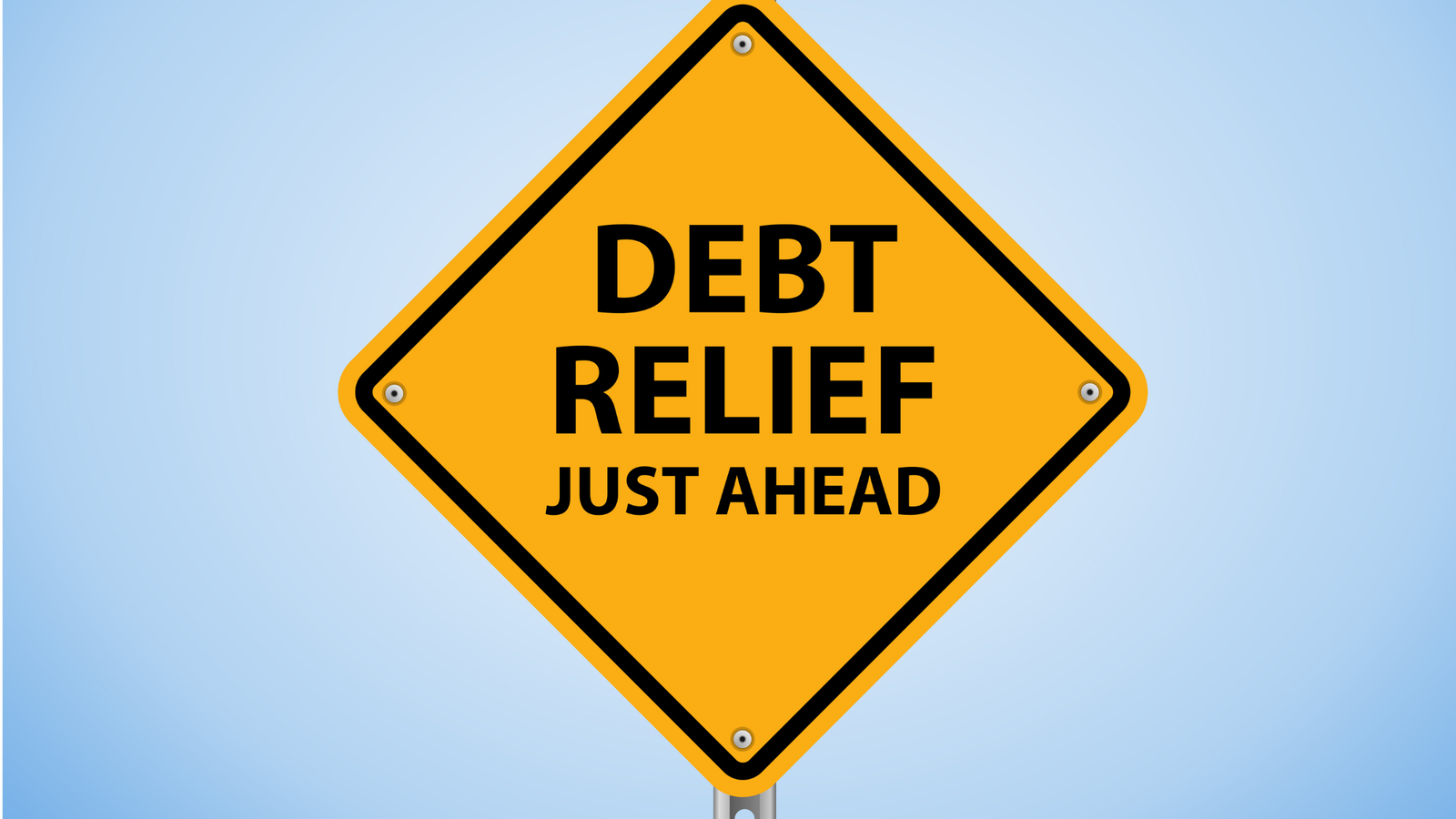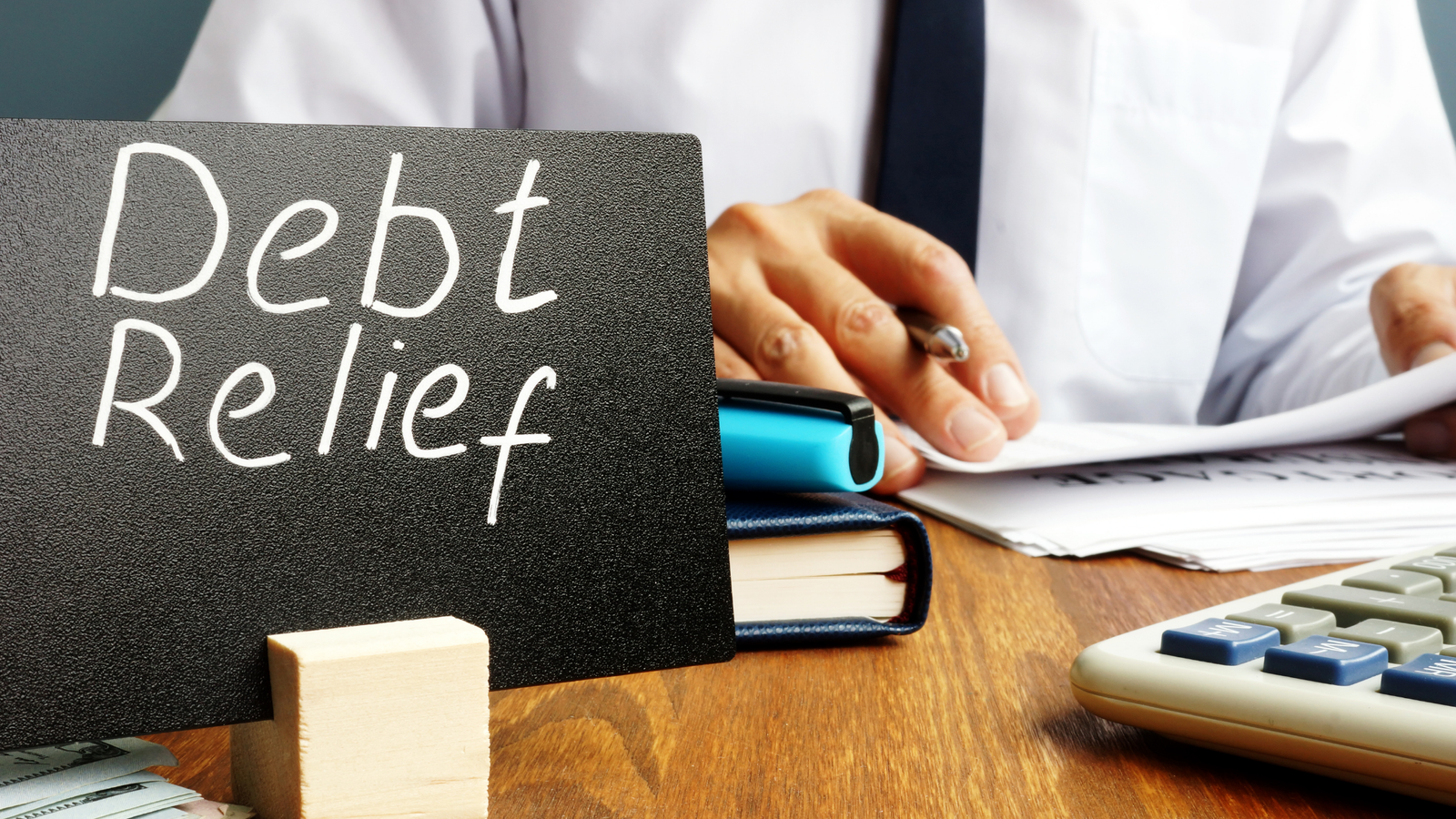Dealing with debt of any kind is stressful. Whether it’s student debt, credit card fees, mortgages, or other major loans, your debt is one of the biggest hurdles keeping you from complete financial freedom. Fortunately, there are a few ways you can get rid of debt without destroying your financial profile. Debt settlement is one of the many ways you can achieve financial stability.
This article will explain the ins and outs of debt settlement and some of its benefits and risks, so you can decide whether or not this path is right for you!
What is Debt Settlement?
Debt settlement, often called “debt relief” or “debt adjusting,” is a process often aided by companies that help lower someone’s debt. The settlement process involves either the individual or a debt settlement company negotiating directly with the creditor to decrease the overall debt someone has with that creditor, as long as they pay the negotiated amount in full.
Debt settlement companies are the most common way to settle debt. These companies are for-profit institutions that work directly with creditors to negotiate and lower your debt– their main pull is experience.
What Kinds of Debt Can I Settle?
If you’re looking to file for debt settlement options, you’ll need to consider what kinds of debt you can settle. Generally, debt settlement companies and creditors alike are willing to negotiate as long as your debt is:
- Not tied to any property the creditor can take back
- Listed as eligible with the FTC.
Credit card debt, medical bills, and personal loans are some of the most common things debt settlement companies handle. However, some types of debt (even if they do not come with property) can’t be settled. Student loans, self-employment debt, and tax debt are ineligible for debt settlement. All three loans can be traced to government institutions—the FAFSA for student debt, SBI Loans for the self-employed, and the IRS for taxes.
How Debt Settlement Works
The debt settlement process isn’t instant. It takes roughly 2-3 years for someone to fully settle their debts with the aid of a debt settlement company, and this process may take longer based on your negotiations.
Qualifying for Debt Settlement
The process starts with contacting a debt settlement company or looking into what kinds of debt you can settle. If you have qualifying debt, the company will help you– for a fee. Most debt settlement companies charge between 10 and 25 percent of the amount they’re asked to settle.
You’ll only qualify for debt settlement if you’re completely unable to pay off your debt in full without a set repayment plan.
Debt Settlement Accounts
After making an agreement with a debt settlement company, your next step will be to stop paying off your debt. Instead, you’ll make payments to the debt settlement company, which will then go into a private account. This account remains active until it has enough money to pay off the negotiated amount.
Communication with Credit Agencies
Debt settlement companies act as a middleman between you and your creditor, negotiating with them to find a reasonable settlement amount and timeframe to pay it off. While working with a debt settlement company, the company communicates with your creditors to accrue fees and pay off your debt. You only have to pay the settlement company.
Exploring Debt Settlement Options
Of course, you don’t have to work with a debt settlement company to negotiate your debts. There are other options, too, like working alone or with a credit lawyer.
Working Alone
Settling your debt alone is the most cost-effective option for debt relief, but it’s also the riskiest. Since most people don’t have experience with the debt settlement process or even how to contact creditors directly to get started, working alone can take a lot of time and energy. Working alone also leaves you vulnerable to legal loopholes that can potentially screw over your repayment plan, and you will have to sift through an array of legal jargon by yourself.
Hiring a Lawyer
Getting a specialized lawyer to help you through the debt settlement process provides the personal connection most large debt settlement companies don’t have. The lawyer will help you negotiate your settlement options and avoid loopholes while translating all the legalese you’ll need to read. However, personal lawyers are expensive, and their fees might not be worth it compared to your debt settlement amount.
Debt Settlement Companies
Debt settlement companies are a third way you can work through the process. They are large, specialized businesses that know exactly how to communicate with creditors, have connections with major lenders, and can easily get you through negotiations. Debt settlement companies, however, don’t have that same personal touch lawyers do, and they also charge fees for their experience.
The Pros and Cons of Debt Settlement
When considering your debt settlement options, you’ll always need to remember the pros and cons:
The Benefits
The biggest pull to debt settlement is that it reduces your debt– sometimes by up to 50% of the original amount! This massive reduction is a great way to avoid bankruptcy and dodge debt collectors too. In addition, decreased debt gives you more opportunities to save money for emergencies.
The Risks
When you stop paying off your debt directly to a creditor, your credit score will fall. In addition to decreased credit scores, debt settlement companies charge hefty fees that must be paid as a lump sum. If you’re not prepared to pay the out-of-pocket costs, you might be in more debt.
Another potential risk of using debt settlement is your taxes: by agreeing to pay off your debt in a reduced lump sum, you will still have to pay taxes based on that savings account. You may find yourself being taxed for the difference between your negotiated lump sum and your original debt amount.
What Else to Consider When Looking into Debt Settlement
Aside from the pros and cons, there are also several things you need to keep in mind while exploring debt relief options:
Debt Settlement Scams
Scams are the worst, and there are tons of debt relief scams out there. Avoid them by looking out for up-front fees and automatic calls from bots. Scam companies may also claim to be “new government programs” or that they can “remove all of your debt or instantly repair your credit score.”
Your Current Credit Score
Your current credit score is also something to watch while you make your decision; if your score is low, now might not be the best time to stop paying any bills. Remember, your credit score is directly tied to your financial trustworthiness: a low score can prevent you from getting housing, new personal loans, mortgages, and even a car. Before you enter negotiations for debt settlement, make sure you have a good idea of what your credit score is!
Transparency and Liability
Another thing to look out for, especially if you’re working with a debt settlement company, is your liability. A good (and not a scam) debt settlement company will always be transparent about the fees and risks you’ll face going through the debt settlement process. But, not all debt settlement companies are 100% transparent regarding what exactly you’re responsible for– always read the terms and conditions before agreeing to work with a company, and ask questions if you have any!
Other Debt Management Options
A final thing to keep in mind is that debt settlement isn’t your only option. Other ways to manage your debt include debt consolidation loans, debt management programs, non-profit credit forgiveness programs, and even bankruptcy. Always explore your other options before settling on one plan.
Remember, attaining financial freedom isn’t something you have to do alone– there are tons of options for anyone, and there are people on your side.










